While competing in the World Cup in Qatar, Iran’s players are free to take part in the widespread demonstrations for women’s rights that have engulfed their home nation, but they must do so in compliance with the rules of the competition, national team coach stated on Tuesday.
Carlos Queiroz, who led Iran for the third time in World Cup history, asserted that “everyone has the right to express oneself” as long as they abide by FIFA regulations.
In reference to athletes who protest against racial inequality in England, he said: “you guys bend your knees in the games,” adding that “some people agree, some people don’t agree with that, and Iran is exactly the same,” according to reports.
In support of the protesters, record international goalscorer Ali Daei and former Iranian football star Javad Nekounam turned down FIFA offers to attend the World Cup.
“I rejected the official invitation of FIFA and Qatar Football Federation to attend the World Cup with my wife and daughters,” Daei wrote on Instagram.
“I prefer to be next to you in my homeland and express my sympathy with all the families who lost loved ones over these days,” he added.
Between 1993 and 2006, the 53-year-old Iranian football icon scored 109 goals for Iran, a record broken by Portugal’s Cristiano Ronaldo last year.
The country has been rocked by protests for nearly two months now, which started after 22-year-old Mahsa Amini died while in police custody, distorting Iran’s World Cup attention.
Amini was visiting Tehran when she was arrested by morality police on charges indicating she failed to wear the hijab in accordance with government standards. She later died in hospital, with Iranian police maintaining she died of natural causes, while her family claiming she was tortured and killed.
Since the outbreak of protests across the Islamic Republic, athletes, including football players in the local league and in international competitions, have refused to celebrate victories, prizes, and goals.
Iran’s national team, Team Melli, on 27 September made clear its solidarity with the most recent protests in the Islamic Republic during a friendly with Senegal in Maria Enzersdorf, a town just outside Vienna.
Standing arm in arm on the pitch, the players wore plain black jackets to cover their national symbols as the national anthem was played at the stadium.
Described as “brave”, the team’s act of solidarity came as protests raged across Iran, where hundreds of thousands demonstrated against the government following the death of Amini.
The team’s forward Sardar Azmoun spoke out on the decision to protest the government’s brutal crackdown on his social media page, saying it is worth any consequences that may arise.
“At worst, I’ll be dismissed from the national team. No problem. I’d sacrifice that for one hair on the heads of Iranian women. This story will not be deleted. They can do whatever they want. Shame on you for killing so easily; long live Iranian women,” Azmoun wrote.
Elsewhere, Iranian beach football player, Saeed Piramoon, mimicked cutting his hair after scoring in the Emirates Intercontinental Beach Soccer Cup final, showing brazen support for the demonstrations sweeping his home country.
The gesture reflected the ongoing movement by many individuals cutting their hair to testify their solidarity with Iranian women.
Team Melli in Qatar
The 26-person Iranian World Cup team was recently announced by Queiroz, marking their sixth FIFA debut this year.
The squad also included the vocal Sardar Azmoun as a forward in Team Melli, who had been injured while playing for Leverkusen in early October, but medical professionals are optimistic he healed in time for Qatar 2022
Seeded in Group B alongside the United States, Wales, and England, Iran will kick-start their first 2022 FIFA World Cup group stage game on 21 November.
Standing at 20th position on FIFA Men’s ranking list, Iran is also the top Asian team in the FIFA rankings, above Japan and South Korea.
According to Iran’s recently reappointed Portuguese coach, “I think Iran and Japan are most likely among Asian nations with the ability to pass the group stage of the World Cup,” he said in an interview with Iranian media in October.
The team has previously competed in the FIFA World Cup in 1978, 1998, 2006, 2014, and 2018, and their largest victory came in a 1998 match against the United States, which they won 2-1.
Since then, Iran and the US have not faced off on a football field, but they will in the FIFA World Cup this year.


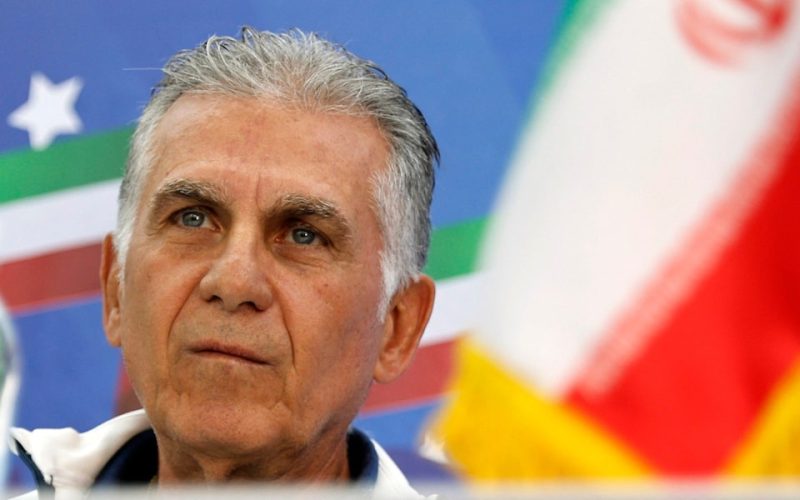


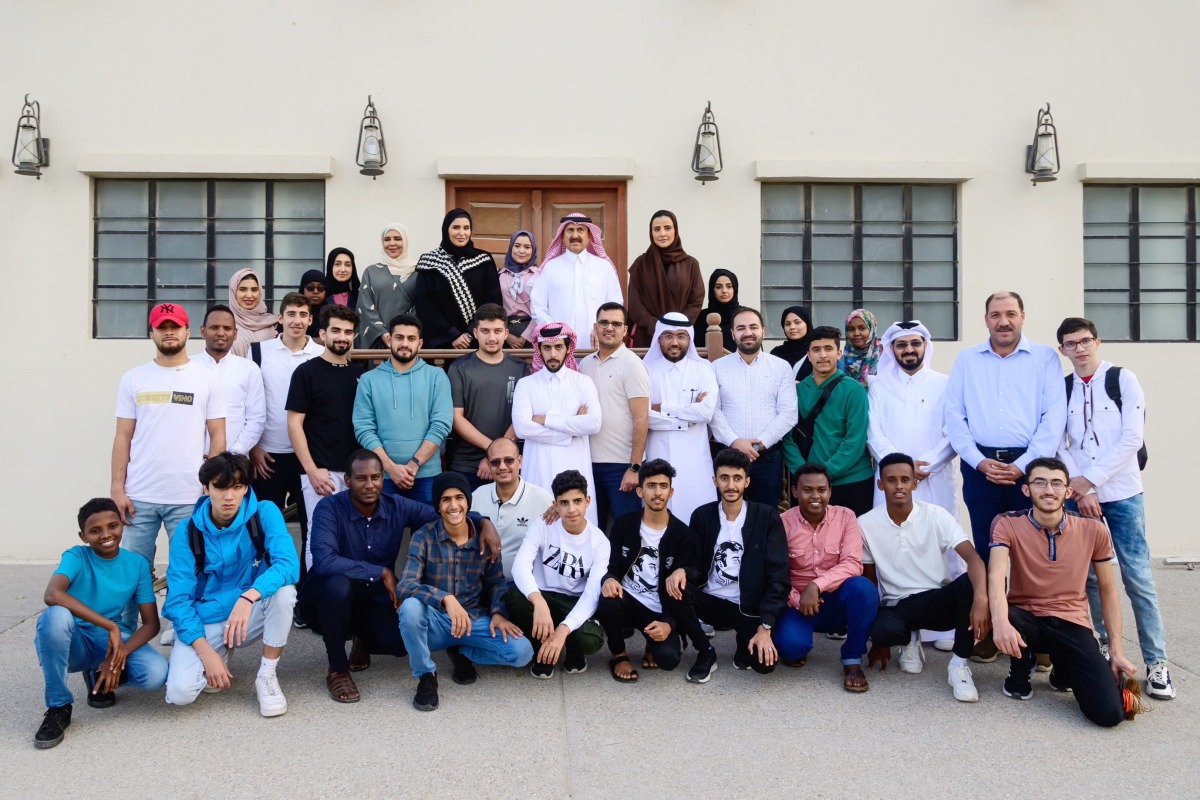
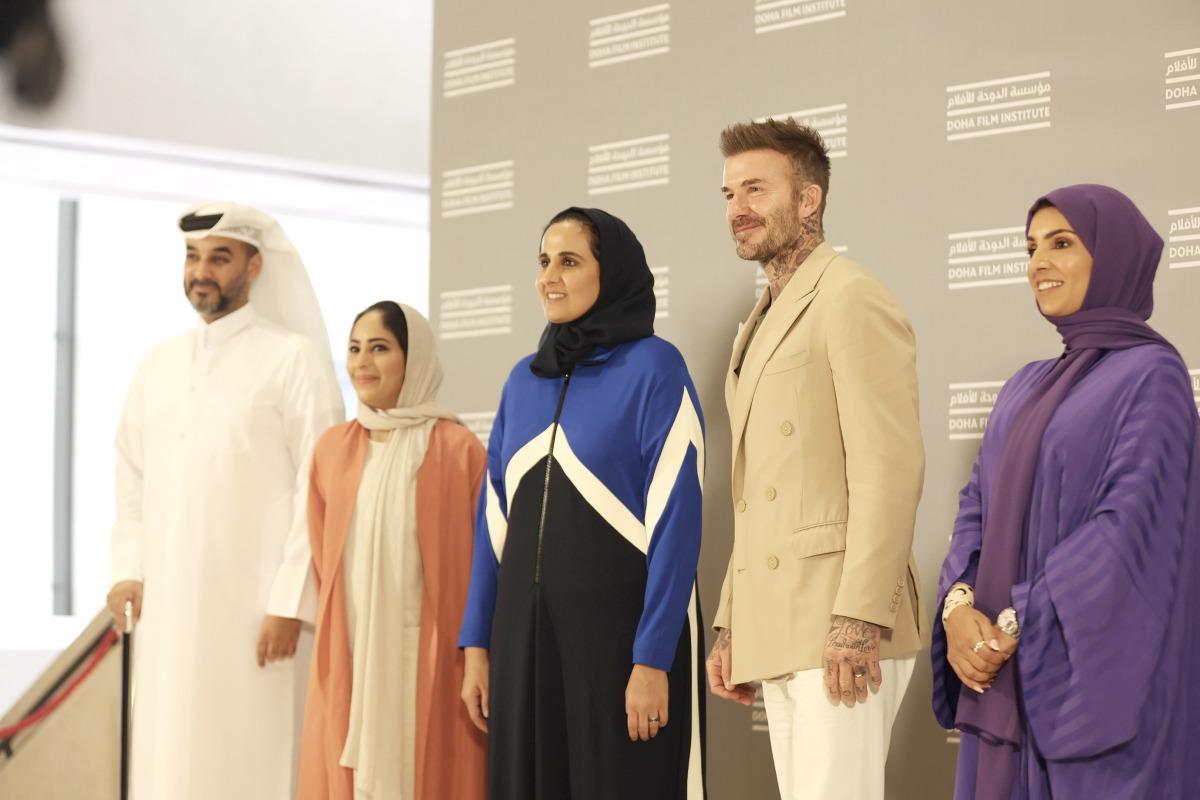
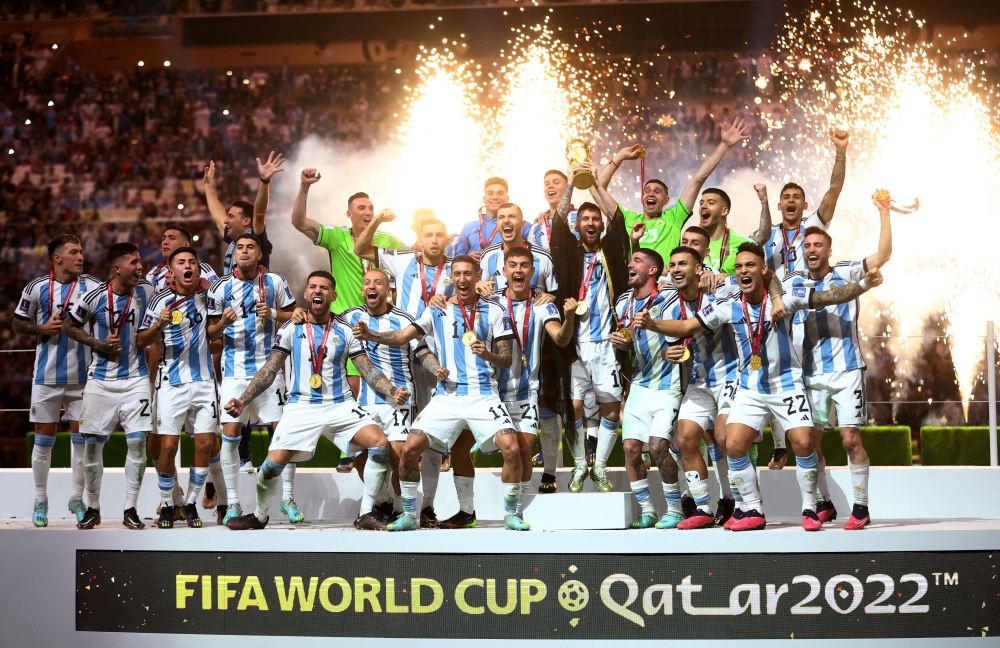
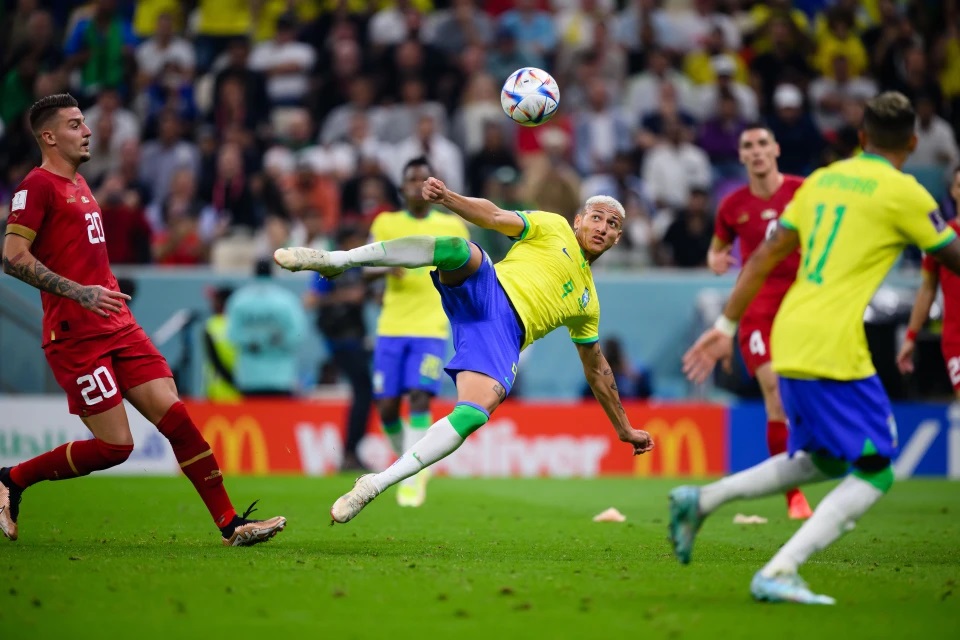



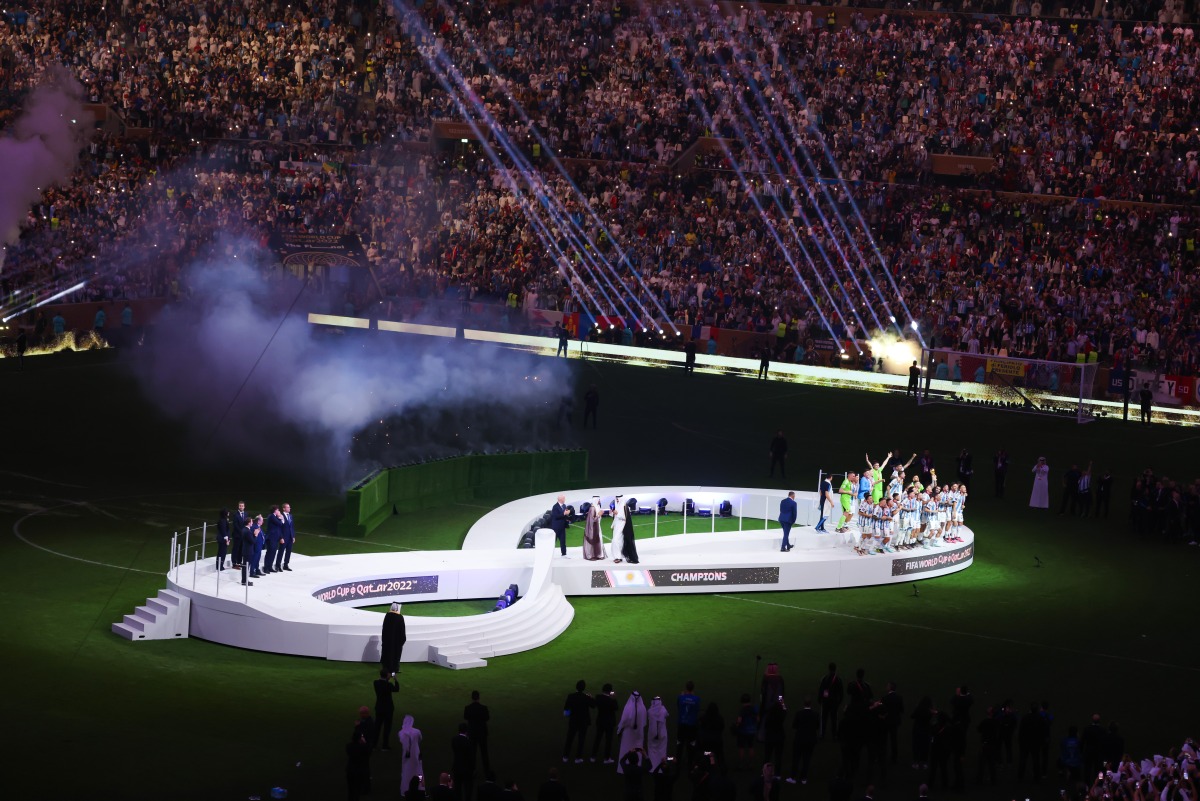




Leave a Reply